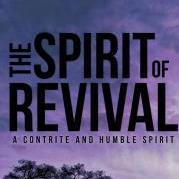A Forum Bible Study On 2 & 3 John
-
Topics
-
- 0 replies
- 30 views
-
- 3 replies
- 64 views
-
Iran (Islam) : vs everyone else.
By Behold, in End Times/Bible Prophecy
- tribulation
- rapture
- (and 1 more)
- 0 replies
- 29 views
-
- 4 replies
- 48 views
-
Calvinism is an incorrect understanding of soteriology 1 2 3 4 6
By Donut_brand_donuts, in Salvation Forum
- 85 replies
- 2,017 views
-










Recommended Posts
Join the conversation
You can post now and register later. If you have an account, sign in now to post with your account.
Note: Your post will require moderator approval before it will be visible.